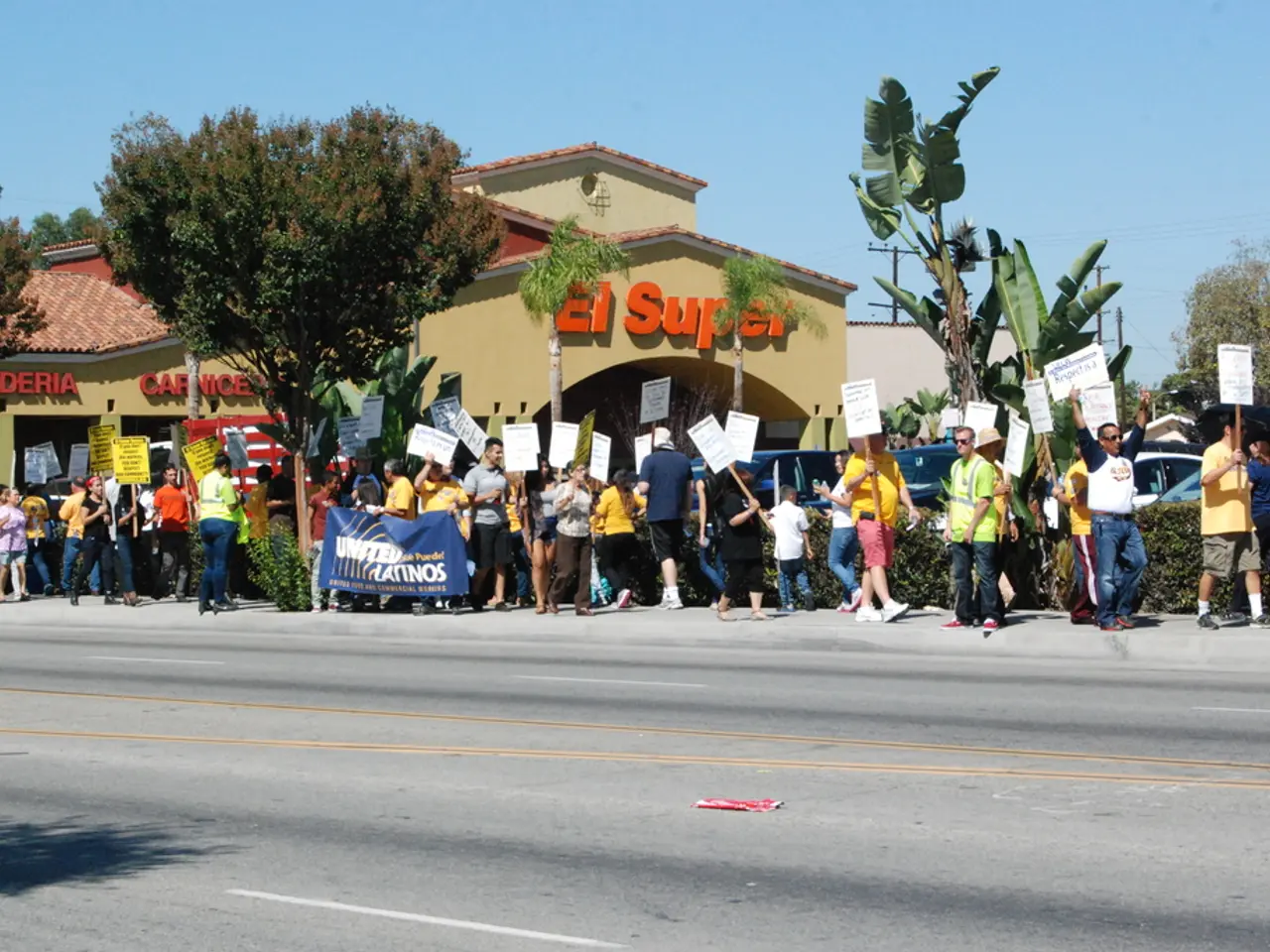Impact of Public Opinion Surveys on Voting Decisions
In the dynamic world of politics, opinion polls have become an integral part of the democratic process, providing a snapshot of public opinion at a given moment. These polls measure the general public's views on various issues, candidates, and political parties, offering valuable insights into the pulse of the nation.
However, the power of opinion polls extends beyond mere data collection. They can significantly influence the psychology of voters, shaping their voting strategies and electoral decisions. This impact is evident in how politicians adjust their strategies and how voter behavior is influenced.
For instance, the case of Ronald Reagan in the 1960s and early 1970s demonstrates how polling data directly influenced a candidate’s platform. Reagan advocated for a voluntary social security program, but when opinion polls showed that a large portion of the public did not support this proposal, he dropped the issue when he ran for presidency.
Opinion polls have also been used as campaign tools, with political leaders relying heavily on nightly polling data to gauge public opinion. This reliance can steer candidates’ policy positions and campaign focuses to reflect voter preferences, as seen in the shift towards more reactive politics starting in the 1980s.
Moreover, opinion polls can affect voters’ perceptions of candidates and parties. Poll results may cause voters to reassess their views or seek additional information, potentially altering their voting decisions. This dynamic shows how polls can indirectly impact election outcomes by shaping voter attitudes and information-seeking behavior.
However, the accuracy of opinion polls is prone to various sources of error, including sampling errors, measurement errors, nonresponse errors, and biases introduced by the framing of questions. To mitigate these impacts, rigorous methodologies should be adopted for conducting polls, transparency about how polls are conducted should be emphasized, and regular audits of polling agencies should be conducted.
In the aftermath of inaccurate polling results, such as the British General Election of 2015 and the U.S. Presidential Election of 1948, calls for greater transparency in sampling methods have been made. Significant strides have been made to enhance the accuracy and reliability of opinion polls through technology, comprehensive guidelines, and reforms such as the shift from traditional random-digit dialling approaches to more robust sampling designs based on statistical modelling and machine learning.
Strategic voting based on poll results also allows voters to align their choice to utilise their vote most effectively, curbing vote wastage in multi-party systems. This practice underscores the importance of accurate and reliable polling data in the modern democratic process.
In conclusion, opinion polls impact elections by guiding candidate positioning, influencing voter perceptions and behaviors, and providing strategic feedback that can alter the course of campaigns and ultimately outcomes. As we navigate the turbulent world of politics, it is crucial to maintain a keen understanding of the role and potential impacts of opinion polls in shaping our democratic landscape.
[1] Bailey, D. (2011). The Polling Inquiry: A Study of the 2015 General Election. House of Commons Political and Constitutional Reform Committee. [2] Gelman, A., & King, G. (2013). Red State, Blue State, Rich State, Poor State: Why Americans Vote the Way They Do. Cambridge University Press. [3] Katz, J. J., & Feldman, S. (2012). The Making of the President 2012. Houghton Mifflin Harcourt. [4] Lupia, A., & McCubbins, M. D. (1998). The Democratic Dilemma: Can Citizens Learn What They Need to Know? University of Chicago Press. [5] Zaller, J. R. (1992). The Nature and Origins of Mass Opinion. Cambridge University Press.
- In the realm of politics, opinion polls serve as a crucial part of the democratic process, offering insights into the public's stance on various issues.
- These polls can significantly impact voter behavior and electoral decisions, as demonstrated by Ronald Reagan's shift in advocacy due to public opinion.
- Politicians often use opinion polls as campaign tools, adjusting their strategies and policy positions based on nightly data.
- Opinion polls can shape the public's perceptions of candidates and parties, potentially altering voting decisions.
- However, the accuracy of opinion polls can be compromised by various sources of error, such as sampling errors, measurement errors, and biases.
- To ensure the reliability of polls, rigorous methodologies should be employed, transparency maintained, and regular audits conducted.
- Following instances of inaccurate polling results, calls for transparency in sampling methods have increased.
- Technological advancements, comprehensive guidelines, and reforms have improved the accuracy and reliability of opinion polls.
- Strategic voting based on poll results can help minimize vote wastage in multi-party systems, emphasizing the importance of accurate and reliable polling data.
- Research indicates that opinion polls play a significant role in guiding candidate positioning, influencing voter perceptions, and providing strategic feedback.
- As we navigate the complexities of modern politics, understanding the role and potential impacts of opinion polls is vital for shaping our democratic landscape.
- Studies like Bailey (2011), Gelman & King (2013), Katz & Feldman (2012), Lupia & McCubbins (1998), and Zaller (1992) underscore the significance of opinion polls in understanding voter behavior and political outcomes.




